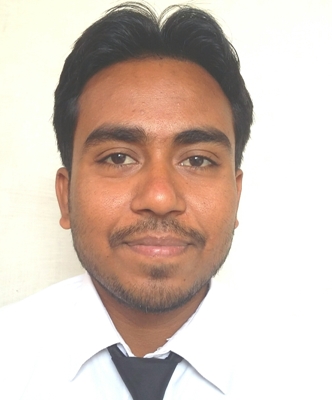At a time when our southern neighbor has expressed its dissatisfaction over the provisions of the recently enforced constitution, a section of Nepal’s Madheshi society across Terai-Madhesh region has shown a wholehearted attitude towards this ‘naked intervention’.
The disgruntled parties, especially Madheshi parties, are upbeat over the southern neighbor’s intervention in Nepal’s internal affairs. And there is a reason for them to be happy. After all they get blessings from the south in every manner.
It is beyond any reasonable doubt that the issue and demands pressed by the Madheshi parties and their NGO activists fall within the ambit of political understanding and their solutions should also be found politically.
Yes, majority Madheshi people living across the Terai plains share a common language, life-style, culture and have family ties with Indians across the border. However, this doesn’t necessarily mean that the Madhesis are more loyal to India. Infact, Madheshis may be culturally Indians, but they are Nepalese by identity.
There are some provisions in the constitution which has raised a serious concern among people of the plains. Particularly, the author wants to raise the issue of citizenship here. In the recently enforced constitution, Article-283 envisages that only citizens by ‘descent’ “shall be” entitled to hold the posts of President, Vice-President, Prime Minister, Chief Justice, Speaker of Parliament, Chairperson of National Assembly, Head of Province, Chief Minister, Speaker of Provincial Assembly and, among other, Chief of Security Bodies.
This provision, although discriminatory in nature, still needs to be settled through a political understanding within Nepal. The Indian side should stop claiming to be father and benefactor of the people living in the plains just because they share a common culture, language and physical traits. Although Madheshis are culturally close to India, they are Nepalese and are integral component of Nepal.
(Source: Asia Pacific Daily, Kathmandu issue)


